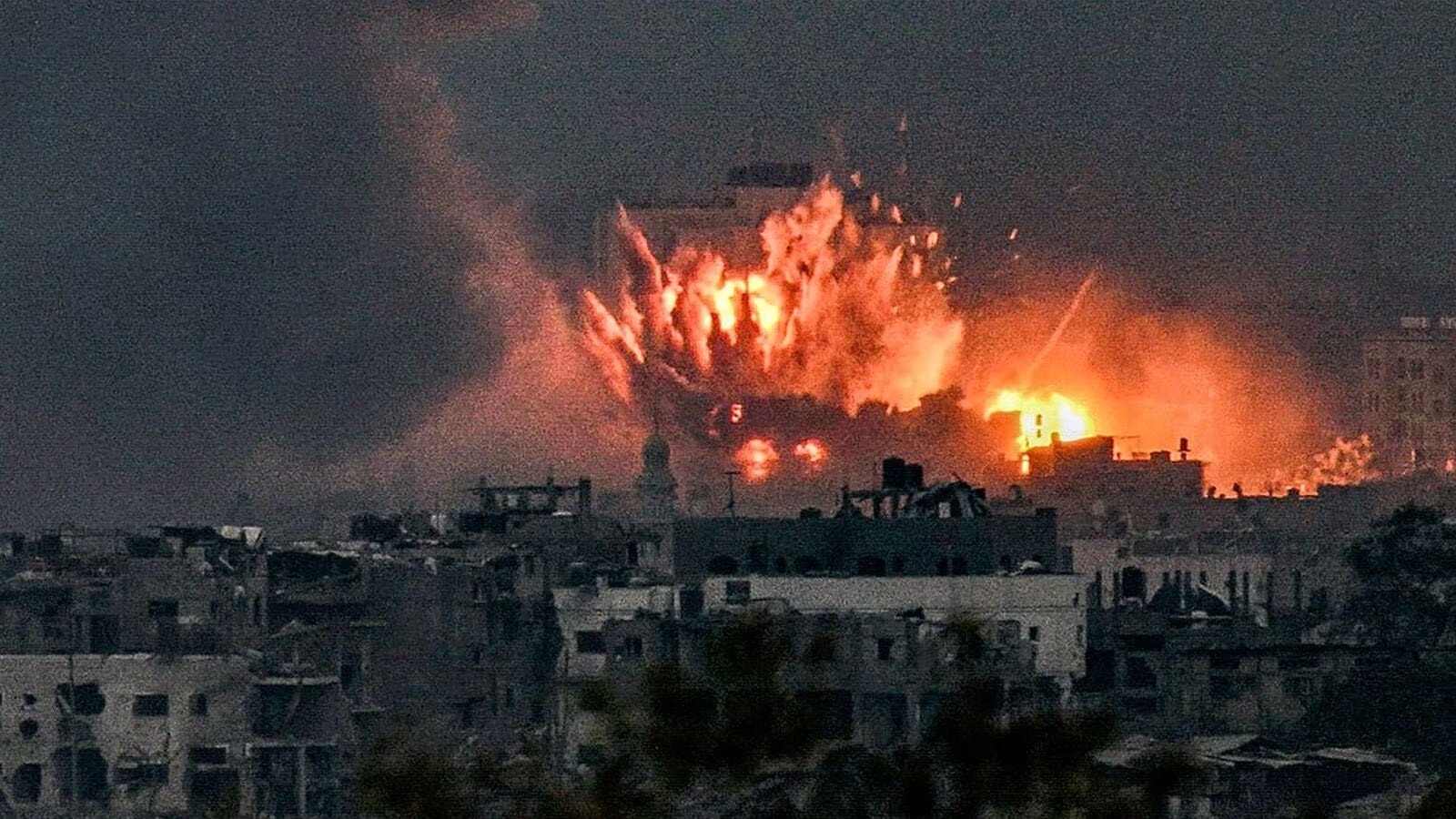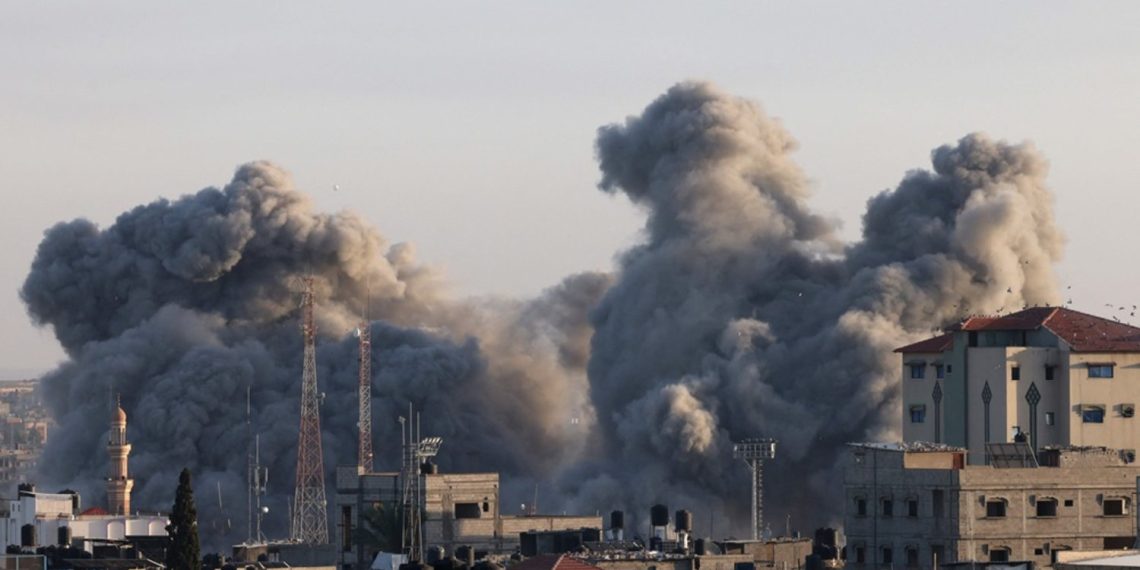Hamas is reportedly leaning towards accepting a Gaza ceasefire proposal presented by Qatari and Egyptian mediators, marking a potential shift in the ongoing conflict. The proposal, crafted in Paris talks involving Israel and the United States, outlines an initial 40-day cessation of hostilities.
In this period, Hamas would release the remaining civilians among over 100 hostages in its custody. Subsequent phases would involve the release of Israeli soldiers and the return of deceased hostages’ bodies. The suggested pause aims to alleviate the humanitarian crisis in Gaza, where an Israeli offensive since Hamas’ October 7 attack has left over 27,000 confirmed dead and widespread destruction.
Despite the potential acceptance, Hamas is unlikely to provide a decisive agreement without assurances of Israel’s commitment to ending the war and a complete withdrawal from Gaza. The proposal suggests a longer ceasefire than previous temporary pauses in November, reflecting international pleas for a more extended respite to address the dire humanitarian situation.
However, the significant divergence between the parties revolves around the post-truce scenario. Israeli Prime Minister Benjamin Netanyahu insists on a “total victory” before withdrawing, aiming to eradicate Hamas entirely. In contrast, Hamas asserts it will only agree to a temporary truce if Israel commits to a withdrawal and a permanent end to the conflict.
Diplomatic progress, accompanied by intense fighting, is exemplified by the massive Israeli ground assault targeting the main southern city of Khan Younis. The ongoing combat has witnessed Israeli forces’ attempts to capture the city, resulting in significant resistance from Hamas fighters. Amid the escalating violence, Hamas leader Ismail Haniyeh has expressed a willingness to travel to Cairo to discuss the ceasefire proposal. However, no firm date has been set for his visit.

The humanitarian situation remains dire, with over 30,000 people seeking refuge in schools near Khan Younis lacking essential supplies. Aid operations face challenges due to Israel’s accusations against UNRWA employees, leading major donor countries to suspend funding.
Unless the funding suspension is lifted, UNRWA warns of shutting down operations across Gaza, the West Bank, Syria, Lebanon, and Jordan by the end of February. Meanwhile, the Israeli military reports continued fighting in various Gaza regions, complicating the prospects of a sustained ceasefire.





